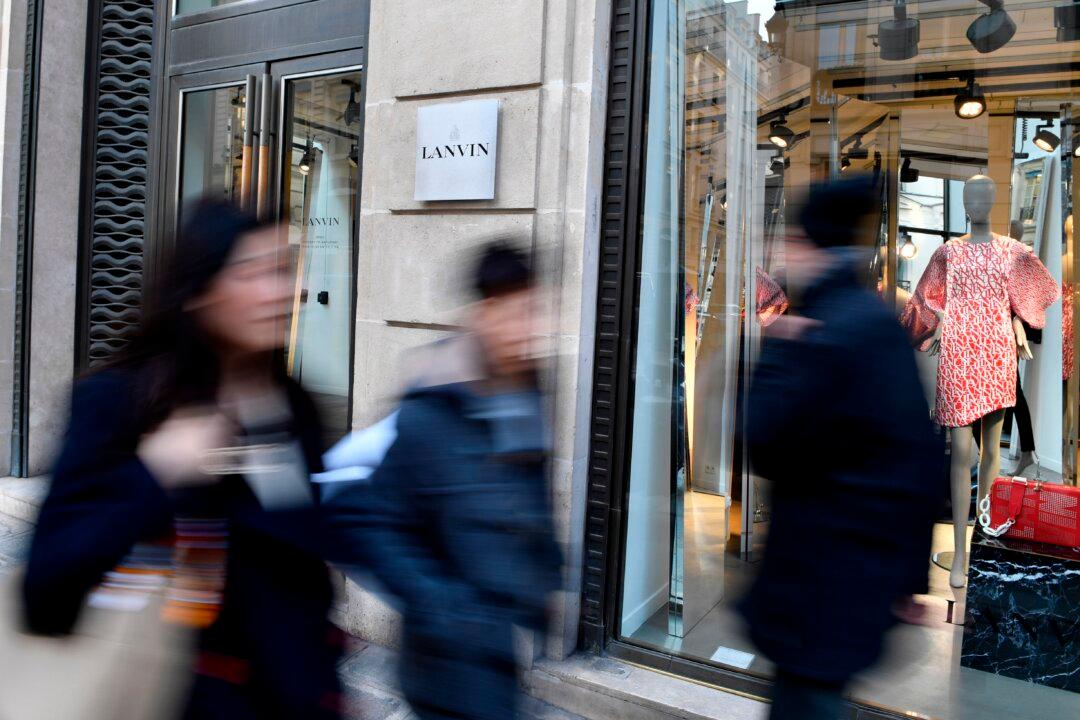News Analysis
The luxury goods industry has had a positive year, even amid the headwinds of worry about a possible global recession and the specter of a trade war.

The luxury goods industry has had a positive year, even amid the headwinds of worry about a possible global recession and the specter of a trade war.